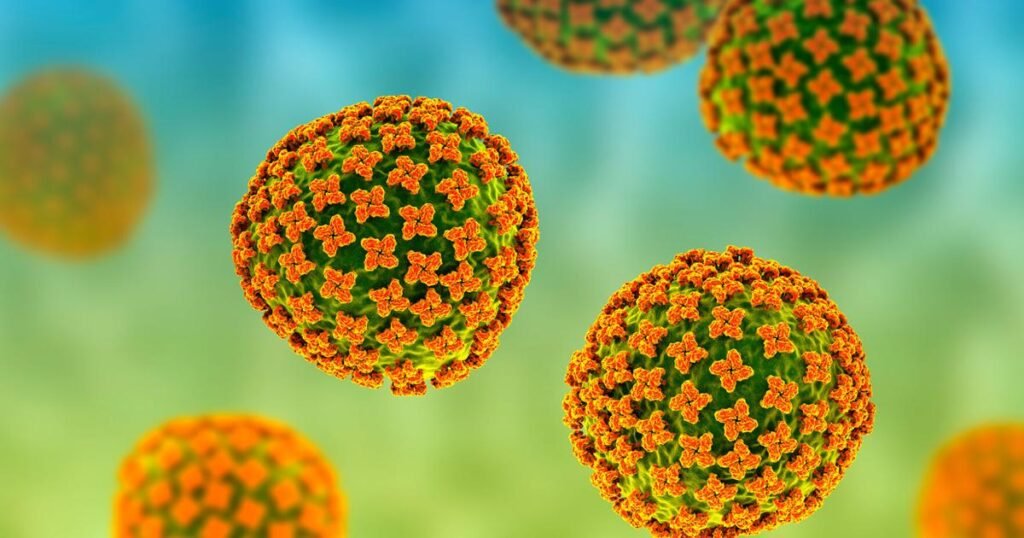FLAGSTAFF, Ariz. — Hantavirus activity is on the rise in Coconino County. Three cases of hantavirus infection have been reported in the past 15 months, including two deaths. The last reported case of hantavirus infection in Coconino County occurred in 2016.
Arizona is also experiencing increased hantavirus activity. Between January 1 and July 1, 2024, there were seven confirmed cases of Hantavirus Pulmonary Syndrome (HPS) in Arizona, with three deaths.
HPS is a severe and sometimes fatal respiratory disease caused by infection with the hantavirus. Hantaviruses are spread to humans by airborne transmission from rodents, primarily deer mice in Arizona, through viral droplets that spread by handling or stirring up material contaminated with rodent urine, saliva, or feces. Hantaviruses do not spread from person to person.
HPS is not limited to one geographic location and can be present in many areas of the southwestern United States where there is rodent activity, even if no rats have been seen.
Symptoms of the disease include fever, headache, and muscle pain, and can progress rapidly to severe respiratory distress and even death.
To prevent HPS, public health officials recommend the following cleaning practices for areas where there may be rodent activity:
• Before you start cleaning, open all doors and windows, especially in areas that have been closed for a long time, such as garages, sheds, holiday homes that aren't used all year round. Leave them open for 30 minutes before cleaning and, if possible, allow them direct sunlight.
• Do not vacuum, sweep or otherwise stir up dust in infected areas as this can cause virus particles to become airborne and be inhaled, causing infection.
• If you find mouse droppings or nests in or around your home, spray them liberally with a household disinfectant (such as one part bleach to nine parts water) and allow to soak for at least 15 minutes. If you have mouse droppings or nests, you should spray them with an insecticide to kill the fleas before disinfecting or disposing of the carcasses.
• After disinfecting, wear rubber gloves and wipe up waste with disposable materials such as paper towels, rags or disposable mop heads.
• Place all material, droppings and nests in double plastic bags, seal and dispose of in the trash.
Protect your home from mice:
• Prevent mice from getting into your home by blocking or sealing all holes and gaps larger than 1/4 inch in diameter. Use steel wool, heavy chicken wire, metal flashing, or cement to seal holes.
• Eliminate or reduce rodent hiding places around your home by removing outdoor junk and trash and moving items like firewood, lumber and hay bales as far away from the house as possible.
• Don't place food where rats can easily get to it. Don't leave pet food in dishes. Dispose of garbage in trash cans with tight-fitting lids.
• Prevent rats from entering your home by using traps and proper extermination.
Please see below for details. www.cdc.gov/hantavirus/hps.







